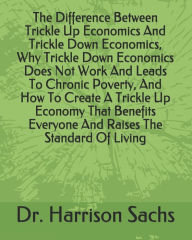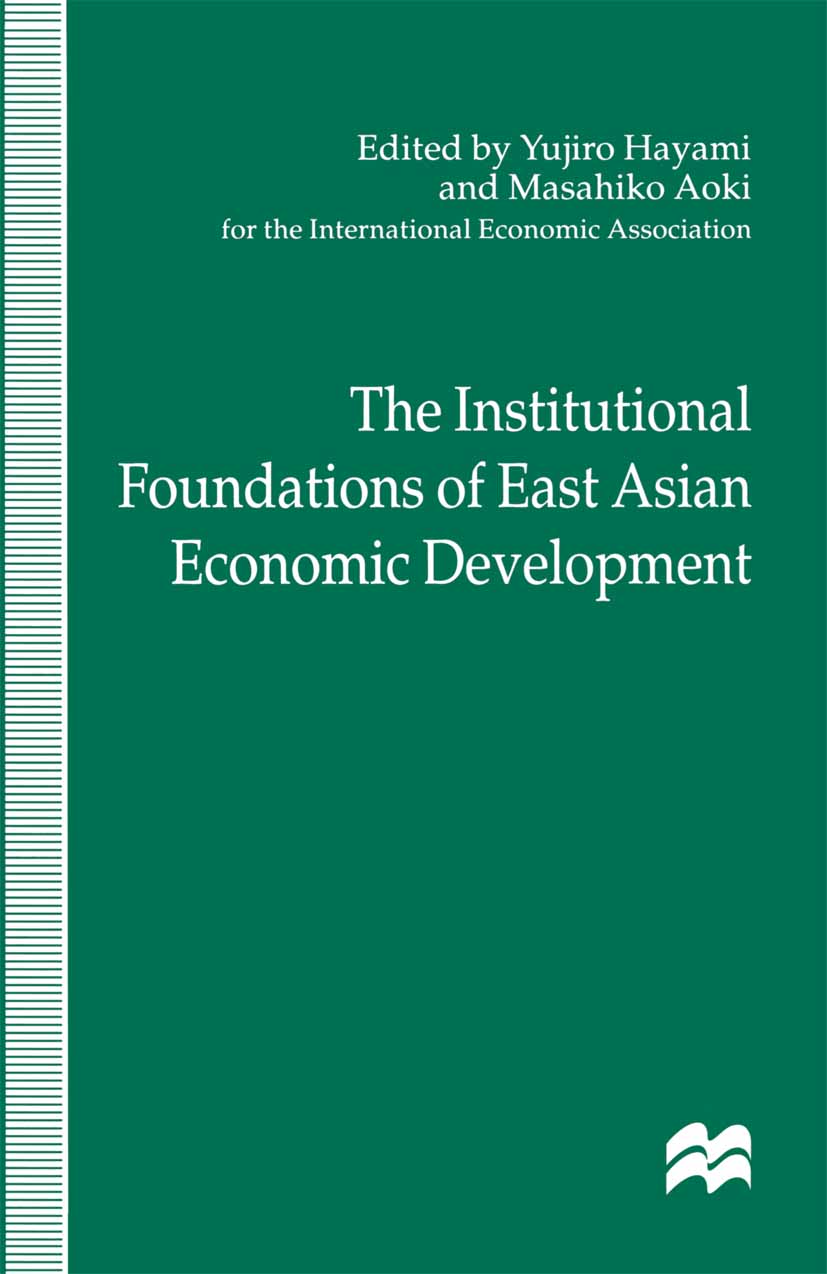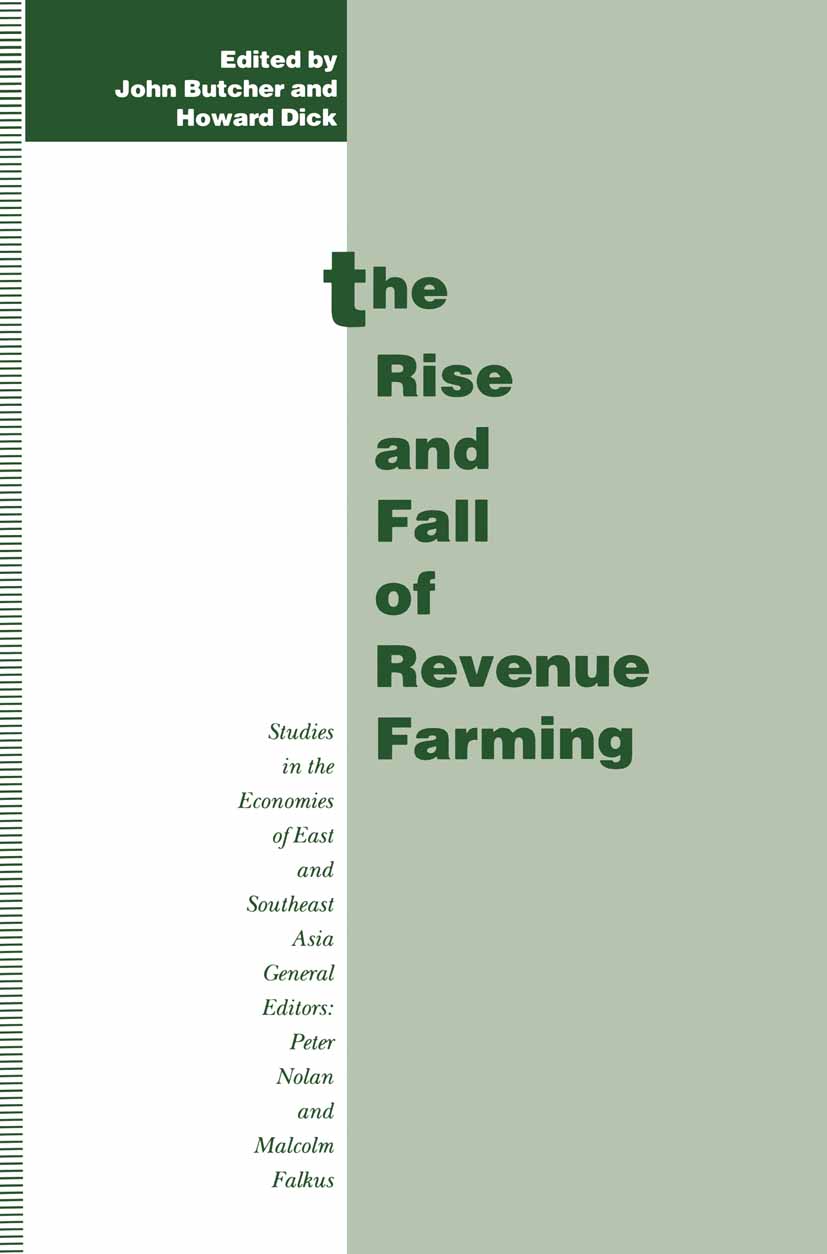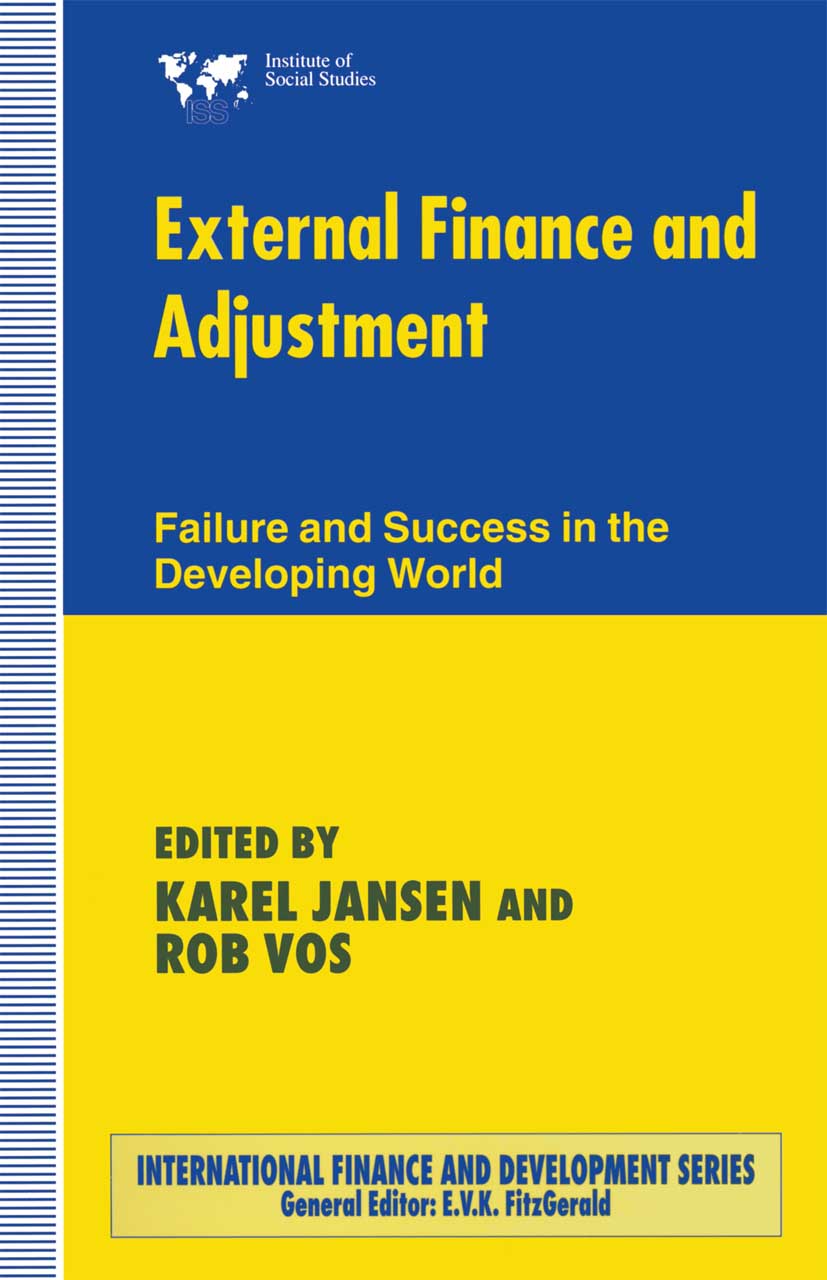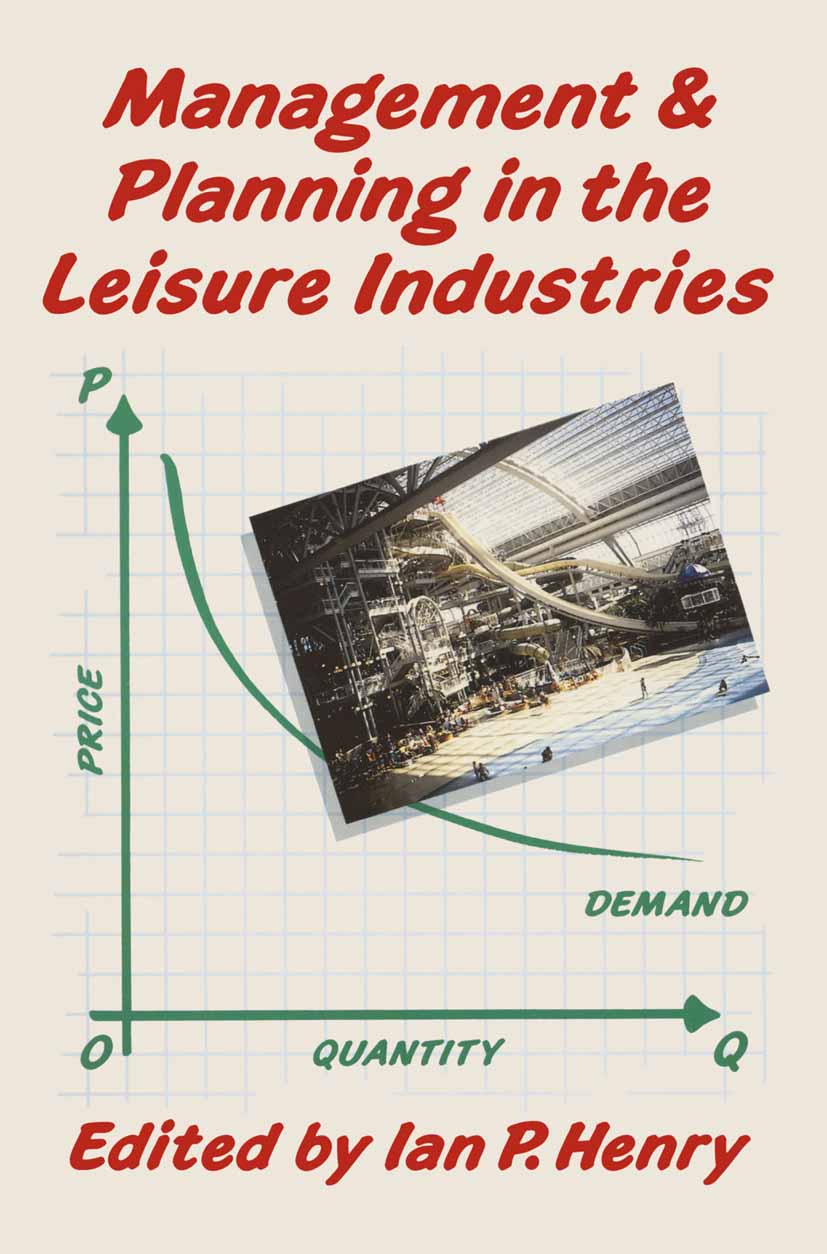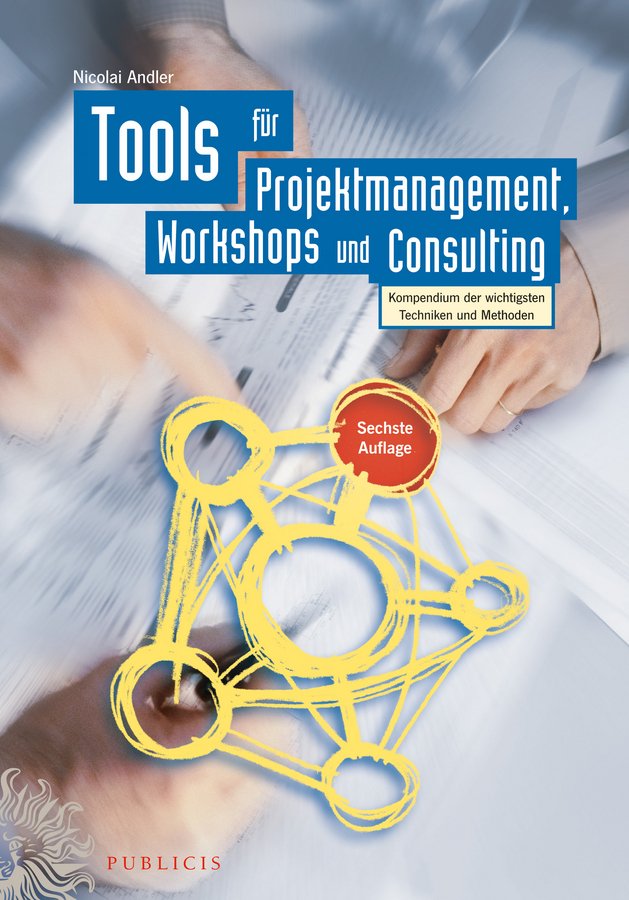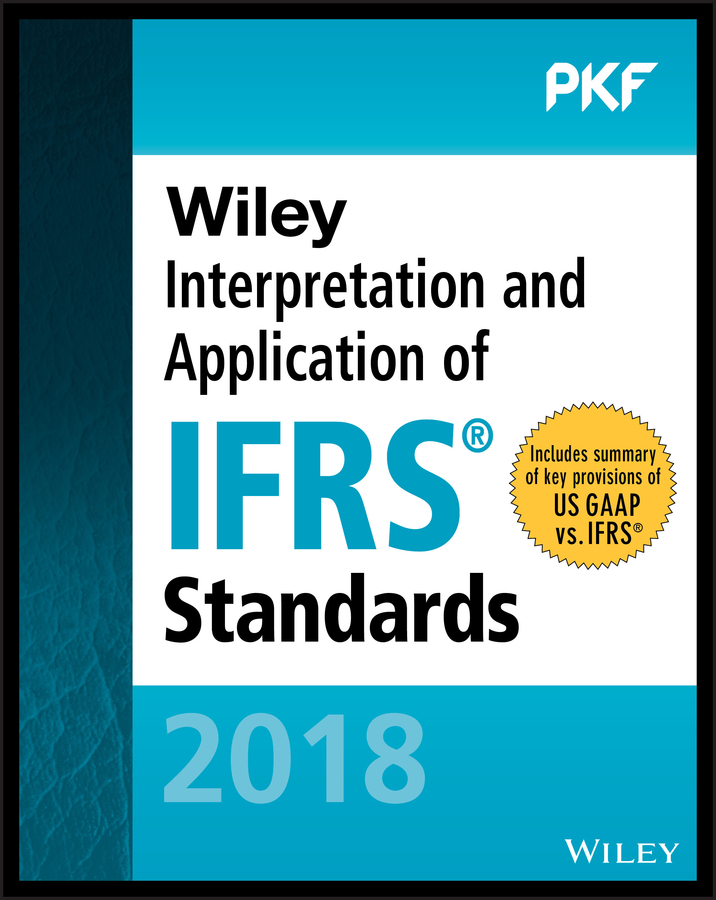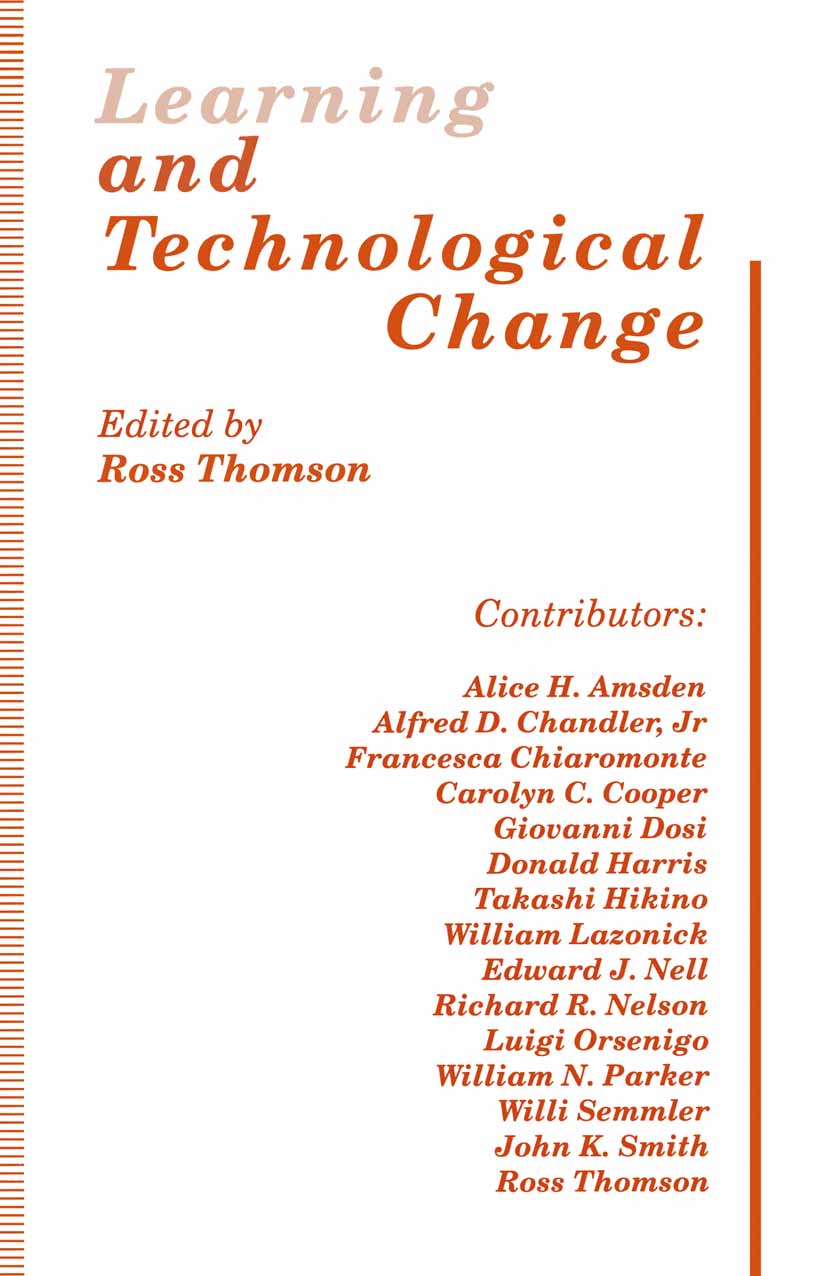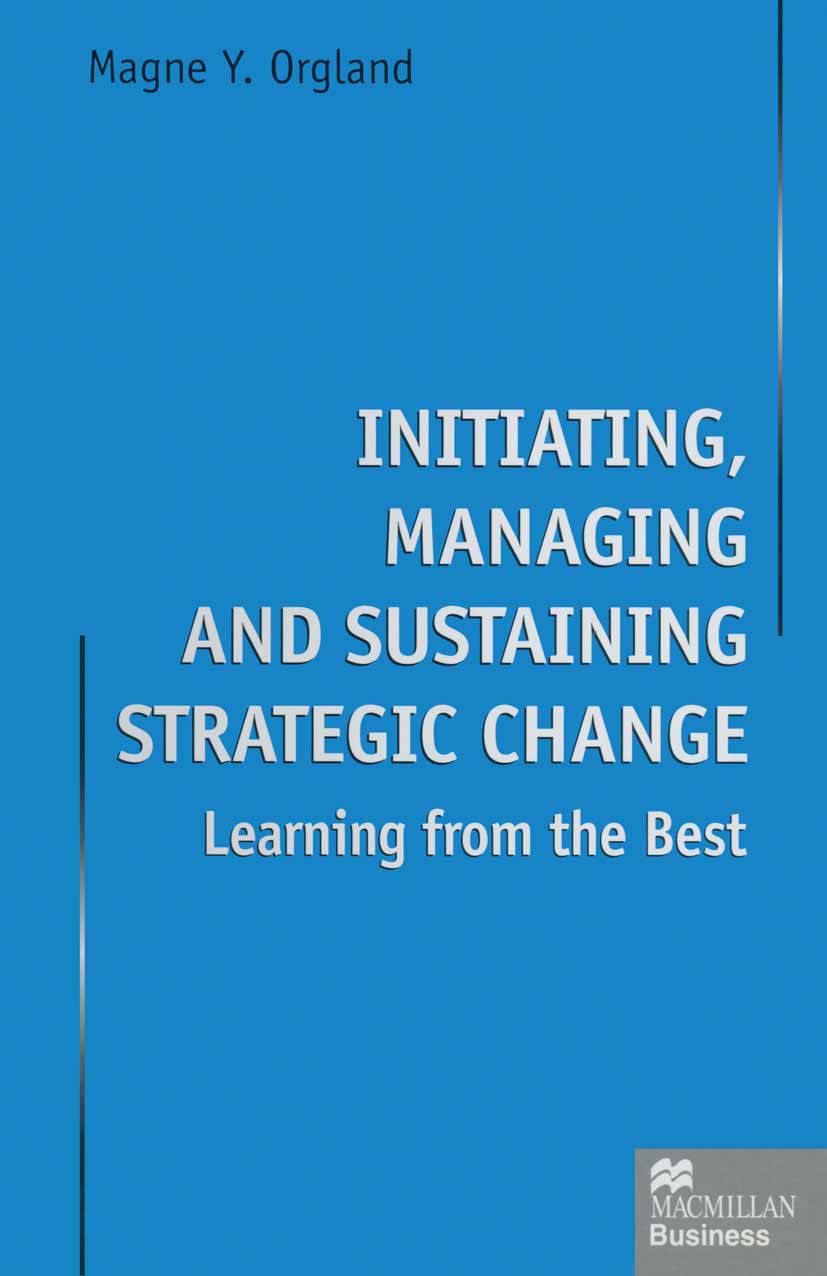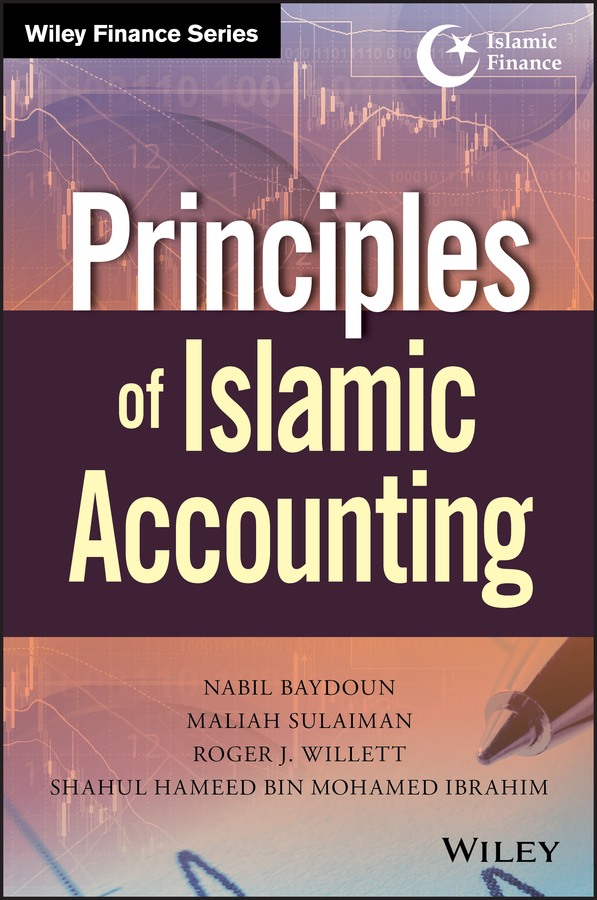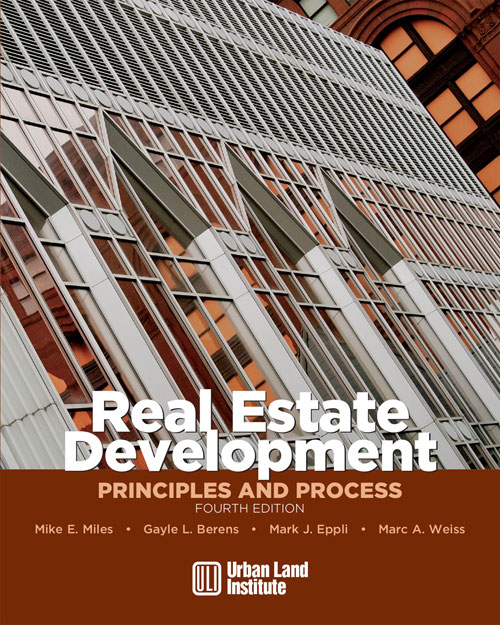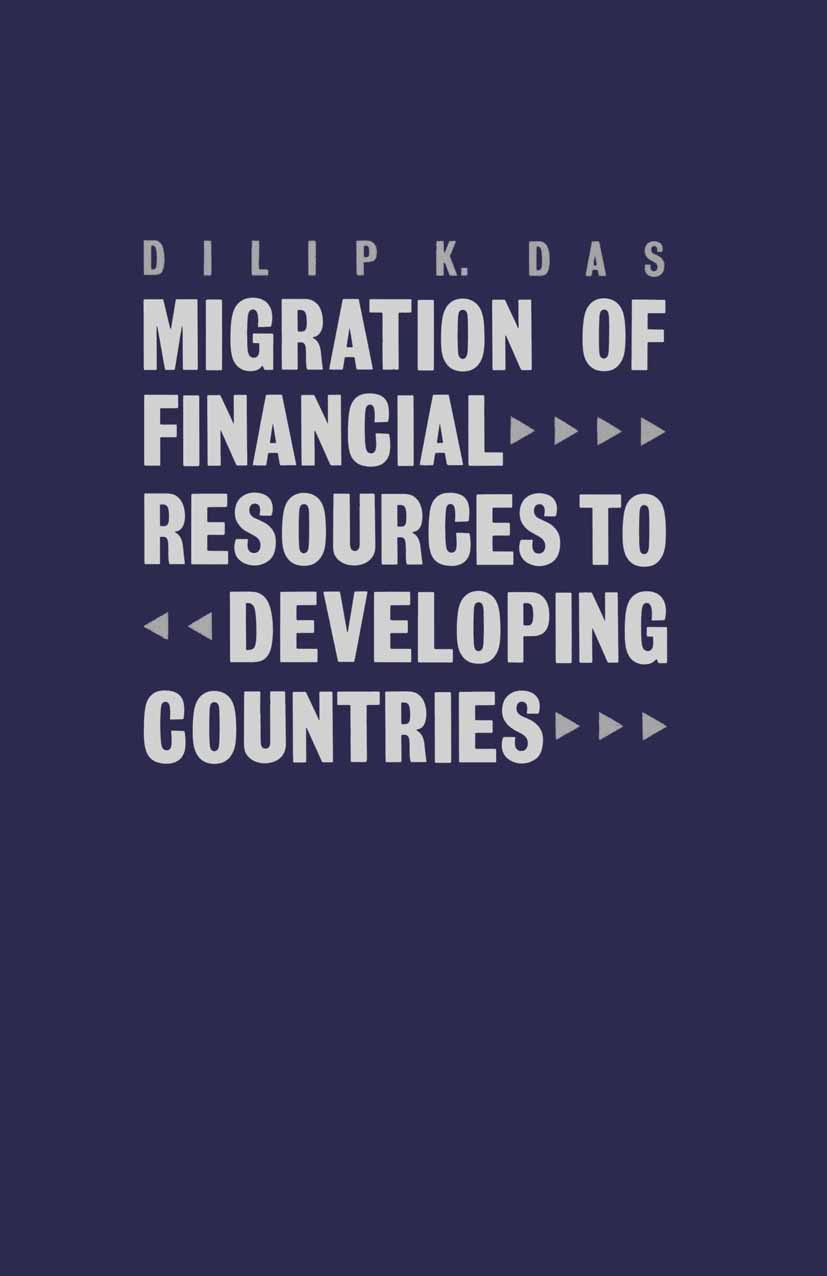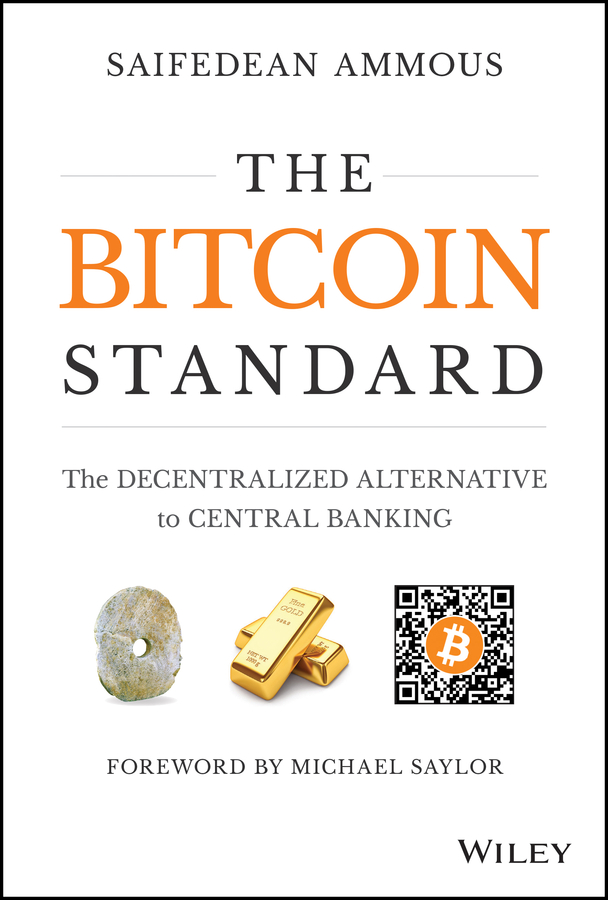The Difference Between Trickle Up Economics And Trickle Down Economics, Why Trickle Down Economics Does Not Work And Leads To Chronic Poverty, And How
by Dr. Harrison Sachs
2020-05-29 04:46:13
The Difference Between Trickle Up Economics And Trickle Down Economics, Why Trickle Down Economics Does Not Work And Leads To Chronic Poverty, And How
by Dr. Harrison Sachs
2020-05-29 04:46:13
This essay sheds light on the difference between trickle up economics and trickle down economics, demystifies why trickle down economics does not work and leads to chronic poverty, and elucidates how to create a trickle up economy that benefits every...
Read more
This essay sheds light on the difference between trickle up economics and trickle down economics, demystifies why trickle down economics does not work and leads to chronic poverty, and elucidates how to create a trickle up economy that benefits everyone and raises the standard of living. Additionally, why corporations will never concede to paying a livable wage to their human employees is explicated, why human employees are extinct and why humans have become outdated horses in the age of automation, and why employee jobs are so brutally dreadful and lead to wage slavery and extreme poverty is revealed in this essay. Moreover, and how to generate extreme wealth online on social media platforms by prolifically creating ample lucrative income generating assets is elaborated upon and the utmost best income generating assets to profusely produce in order to generate extreme wealth online are identified in this essay. Furthermore, how to become an exceptionally successful influencer online on social media platforms in the digital era is meticulously expounded upon, the litany of benefits of becoming a successful influencer online and attaining extreme fame leverage are revealed, and how to earn substantial money online so that you afford to inexplicably enrich every facet of your life is demystified in this essay. The difference between trickle up economics and trickle down economics is not only ineffably vast, but it is able to shed light on the utmost consequential reason as to why one nation's economy is prosperous and robust while another nation's economy is stagnant and dull. The system of trickle down economics creates a centralized economy in which wealth is concentrated in the hands of relatively few people whereas the system of trickle up economics creates a robust decentralized economy in which wealth is dispersed into the hands of many. The premise of the system of trickle down economics is that concentrating wealth in the hands of so few people will preponderantly benefit the economy more so than the dispersion of wealth. Trickle down economics is a theory that claims benefits for the wealthy trickle down to everyone else. Trickle-down economics assumes investors, savers, and company owners are the real drivers of growth. It also assumes that they will use any extra cash from tax cuts to expand businesses. Under this assumption, investors will buy more companies or stocks, banks will increase lending, owners will invest in their operations and hire workers, and all of this expansion will theoretically trickle down to workers. The workers will spend their wages to drive demand and economic growth (Amadeo, 2019). In reality, a system of trickle down economics does not have such benefits for increasing the standard of living nor for spurring economic growth since corporations view employees as exploitable, expendable labor cost liabilities who are a dime a dozen. Companies will never pay their employees a penny above minimum wage, irrespective of how credentialed they are, even though companies now have market caps exceeding $1,000,000,000,000. One of the underlying principles of trickle down economics is that targeted tax cuts work better than general ones. It advocates cuts to corporations, capital gains, and savings taxes. It does not promote across-the-board tax cuts. Instead, the tax cuts go to the wealthy and the benefits ostensibly trickle down to everyone else. It is also contended that the tax cuts offered to the wealthy provide a powerful multiplication effect (Amadeo, 2019). It is posited that this will create a more prosperous economy and a larger tax base (Amadeo, 2019) under this system of trickle down economics. Trickle down economics has profusely increased the income disparity and does not increase customer spending since tax cuts for the wealthy does not increase the purchasing power of the average private sector employee who does not even earn a sustenance wage for affording housing.
Less


